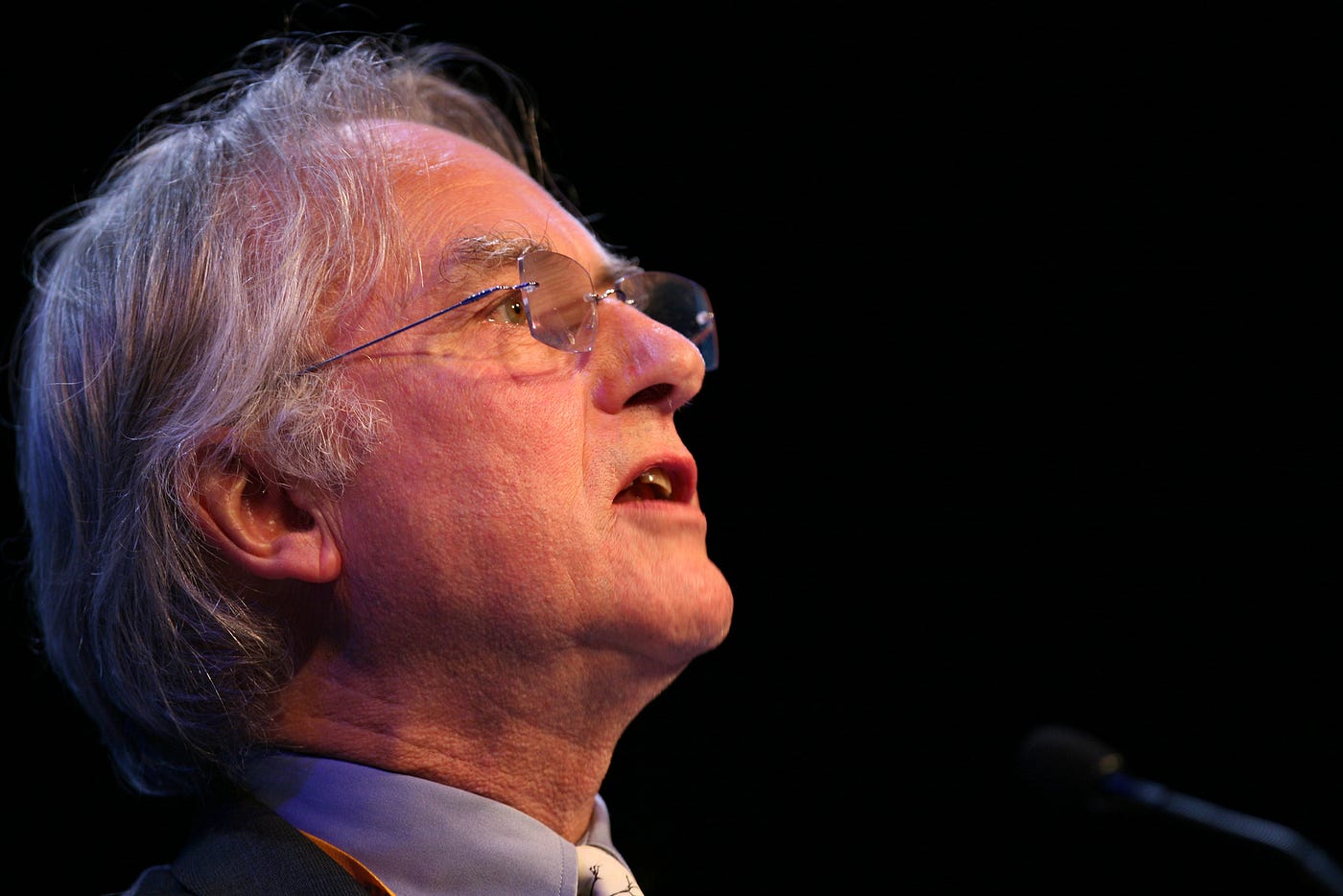
Who would have ever thought of that? Richard Dawkins, evolutionary biologist and the world’s most famous atheist, declared himself a cultural Christian last week, while in the same interview, he criticized Islam. That sparked a new round of international debate, and the question arose amongst a part of the Muslim community whether the New Atheist Movement was just Islamophobic after all.
By Mienke de Wilde
The blunt answer is hell no. In this time and place, it makes total sense for a European atheist (or secular state and peace-wanting believer of any religion, for that matter) to have more problems with present-day Islam than with modern, enlightened Christianity.
It has nothing to do with a phobia, which is more of an irrational fear.
This winter in the Netherlands, for example, we had a crew of fundamental Muslims using violence against one man, Edwin Wagensveld, who wanted to burn a Quran to show the degree of enlightenment of Islamic believers in Dutch society.
He tried to make use of his human right to manifest his beliefs via the right of demonstration. He wanted to show (which is the literal meaning of “demonstrate”) what never makes the media: what is the exact extent of Islamic orthodoxy in our society?
Of course, this is a provocative act that might hurt some deep feelings, but in our country, we have the freedom to manifest our beliefs. That freedom is for everyone, non-believers included. Everybody has the right to see holy books for others as just piles of paper. As long as it is their own bought pile of paper, people can think of it and do with it whatever they want.
They might even believe it is necessary to make a performance act out of a (religious) book review. Other people, for example, people who think a particular book is holy, are allowed to find that hurtful rubbish. But they can do whatever they want to do with their books. Freedom of religion includes being the boss of your books and bookshelf emancipation.
Christians nowadays get that. They might think you’re an idiot for turning God down. Still, they do not use violence against you anymore because - thank God - contemporary believers understand that the secular state that gives you the freedom to manifest your unbelief gives them the right to manifest their beliefs with the same rule of law.
Wagensveld’s mission failed: he got attacked, and instead of lobbying with fundamentalists for respect for the secular state, the Muslim Mayor of the city of Arnhem, Ahmed Marcouch, announced the start of a lobby to make blasphemy with books illegal again, and he victim blamed Wagensveld.
Two weeks ago, Wagensveld wanted to give it another shot. Still, Marcouch denied him his human right to demonstrate and banned him from his city for six months because of “fear of fundamental Islamic terrorism.”
He emphasized that Wagensveld was to blame. Another man who just used his freedom of opinion about Allah and a law student who just wanted to stand for the secular state and everyone’s right to demonstrate were put in jail without even a warning or the notion to leave.
Even the various “moderate” Muslims thought that was fair and that those people had only themselves to blame.
Yes, of course, Christians once had the same reflex. But now they know better, and that’s a good thing, right? So, what’s the problem with equal expectations for Muslims? We aren’t discriminating via lower expectations, or are we?
In my perspective, Dawkins is right. Nowadays, a debate on Islamism or radical Islam is far more urgent. If you want to keep the freedom to be a manifesting atheist (or believing secularist).
It would be great if, one day, anyone around the globe could also safely say: “I’m just a cultural Muslim. I like the culture, but I don’t believe all of it. And the position towards women, gays, and non-believers: that’s outdated and outright discrimination”.






Good example of DISINFORMATION,
meaning
just meant to distract from
real news,
and only after
clicks.
MAGA MONEY
with Demurrage,
to assure that the coming harvest,
in the widest sense,
gets to where it should.
💜 Angel NicGillicuddy
Arthur Blok are you running a news agency or a gossip group?
The assumptions this article are based on are wrong. Dawkins thinks science in Christian history only advanced when religion was discarded - hence, enlightenment. Islamic history proves otherwise. In our history we were advanced scientifically specifically when were were religious, which is when we were enlightened.
Richard Dawkins is one of those intellectual fuddy-duddies who loves to talk about history and science, and doesn;t know anything about either. He insists on secularising the history of science, insisting that religion had nothing to do with scientific advance or the scientific revolution, and then all of a sudden he says Christianity is good and the enlightened variant is a great thing and lead to secularism.
He forgets that a Catholic priest from Belgium was the guy who came up with the big bang theory, not Einstein who used a 'fudge factor' in his calculations for general relativity to force the equations to fit his preconceived (religious) idea of the static eternal universe. And secularism and scientism has its fair share of crimes, even against science. Lysenko in the Soviet Union and eugenics in Germany.